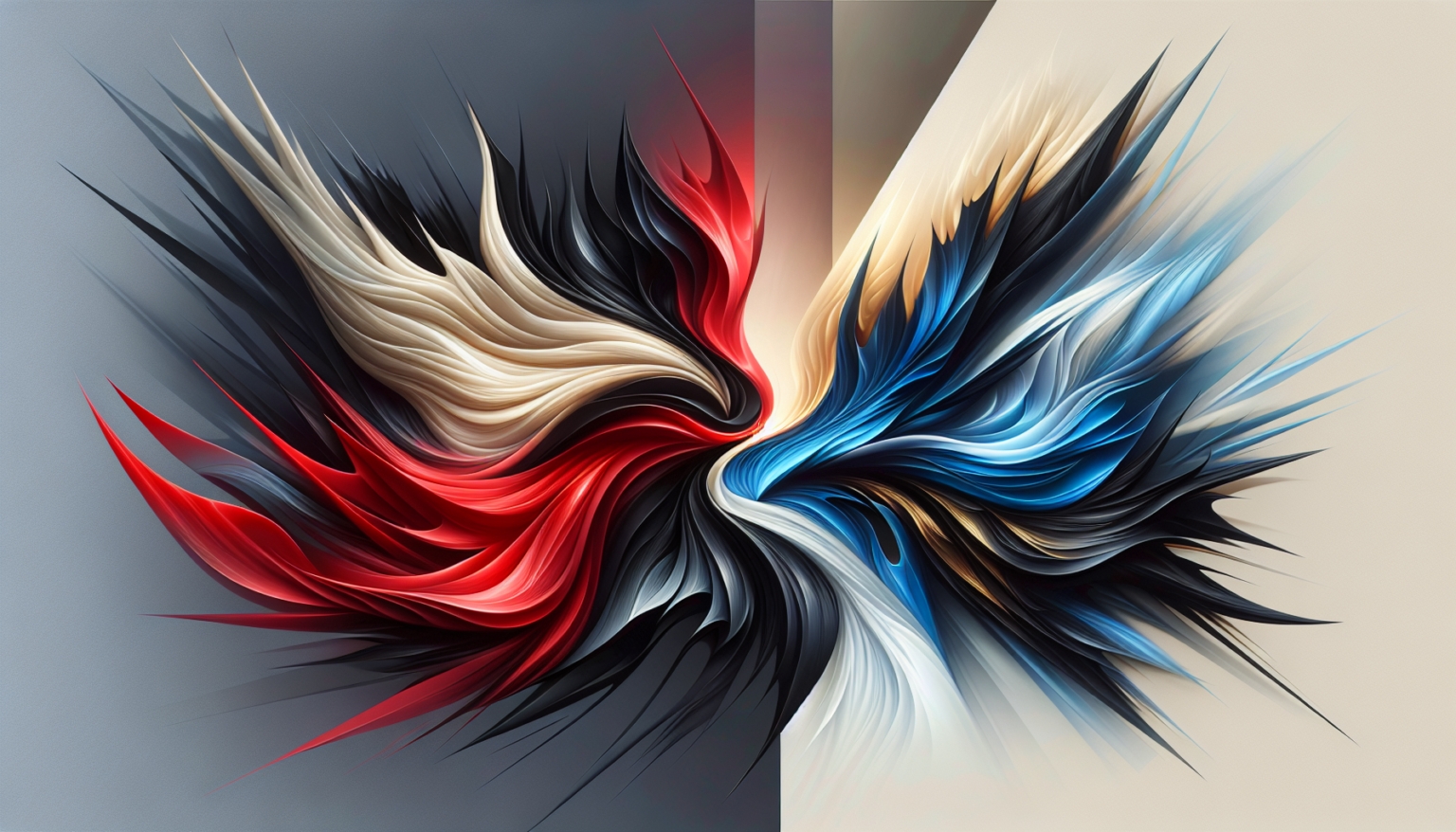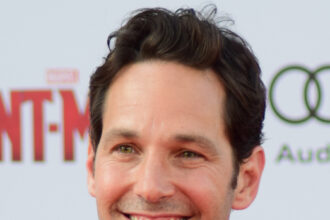A federal judge is considering the nature of rap battles and the cutting wordplay in Kendrick Lamar’s “Not Like Us,” the megahit diss track that led to a lawsuit from fellow superstar Drake. Drake sued Universal Music Group, the record label for both him and Lamar, over “Not Like Us.” He claims the company published and promoted a song he considers slanderous. Universal argues the lyrics are just hyperbole in the tradition of rap beefing and wants the case dismissed.
Judge Jeannette Vargas did not immediately decide after a lively hearing on Monday. The raw creativity of the music world clashed with the formal setting of federal court. “Who is the ordinary listener?
Is it someone who’s going to catch all those references?” Vargas wondered aloud. She was addressing a legal standard about how an average, reasonable person would understand a statement. “There’s so much specialized and nuanced language in these lyrics.”
The case involves a feud between two of hip-hop’s biggest stars over one of the biggest songs of 2024.
The song won the most Apple Music streams worldwide and helped make this year’s Super Bowl halftime show the most-watched ever. Released as the two artists traded insult tracks, Lamar’s song calls out the Canadian-born Drake by name. It questions his authenticity, branding him “a colonizer” of rap culture who’s “not like us” in the context of Compton, California, and West Coast rap.
“Not Like Us” also makes insinuations about Drake’s sex life, including “I hear you like ’em young.” Drake rejects these implications.
Judge contemplates rap beef slander
The suit says the song amounts to “falsely accusing him of being a sex offender, engaging in pedophilic acts” and more.
The suit claims the track endangered Drake by promoting notions of vigilante justice. It blames “Not Like Us” for allegedly leading to attempted break-ins and the shooting of a security guard at his Toronto home. The mansion was shown in an aerial photo on the song’s cover art.
“This song achieved a cultural ubiquity unlike any other rap song in history,” Drake’s lawyer Michael Gottlieb said. He argued that Universal had campaigned to make it “a de facto national anthem” that reached beyond hip-hop fans who knew the backstory and were used to over-the-top lyrical battling. The average listener could be “a 13-year-old who’s dancing to the song at a bar mitzvah,” Gottlieb suggested.
“That would be a very interesting bar mitzvah,” the judge joked. (The song has indeed been played at some such celebrations.)
Universal has emphasized that “Not Like Us” was part of an exchange of barbs between Drake and Lamar. “Context is key,” label lawyer Rollin Ransom argued Monday.
He apologized for having to use profanity while reciting some of the lyrics Drake aimed at Lamar in a track called “Taylor Made Freestyle.” “What you hear in these rap battles is trash-talking in the extreme, and it is not, and should not be treated as, statements of fact,” the attorney said. The lawsuit seeks unspecified damages. Drake also sued iHeartMedia, claiming in a Texas lawsuit that the radio giant received illegal payments from Universal to boost airplay for “Not Like Us.” That dispute is ongoing.
Drake hasn’t sued Lamar himself.













